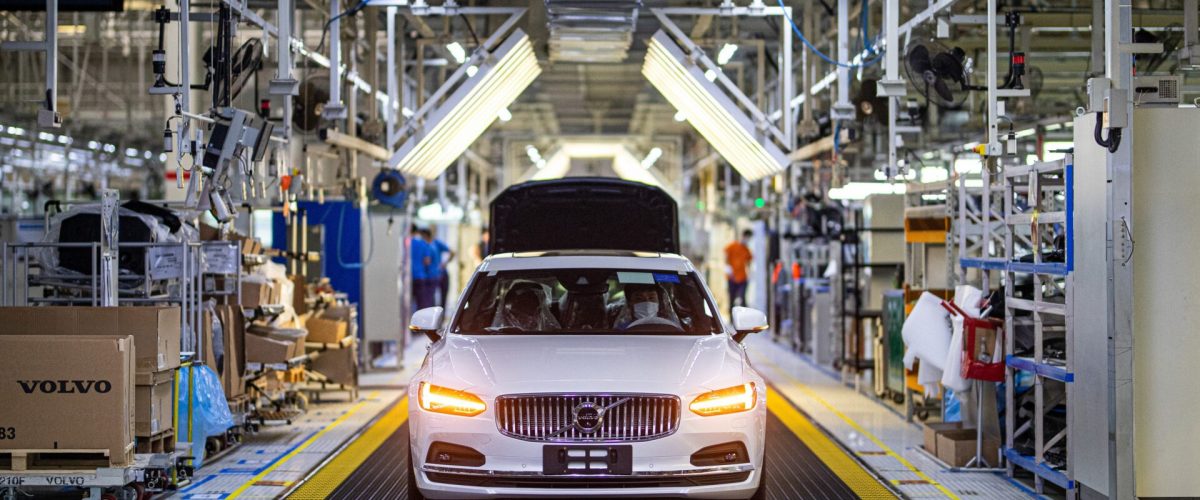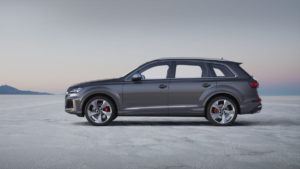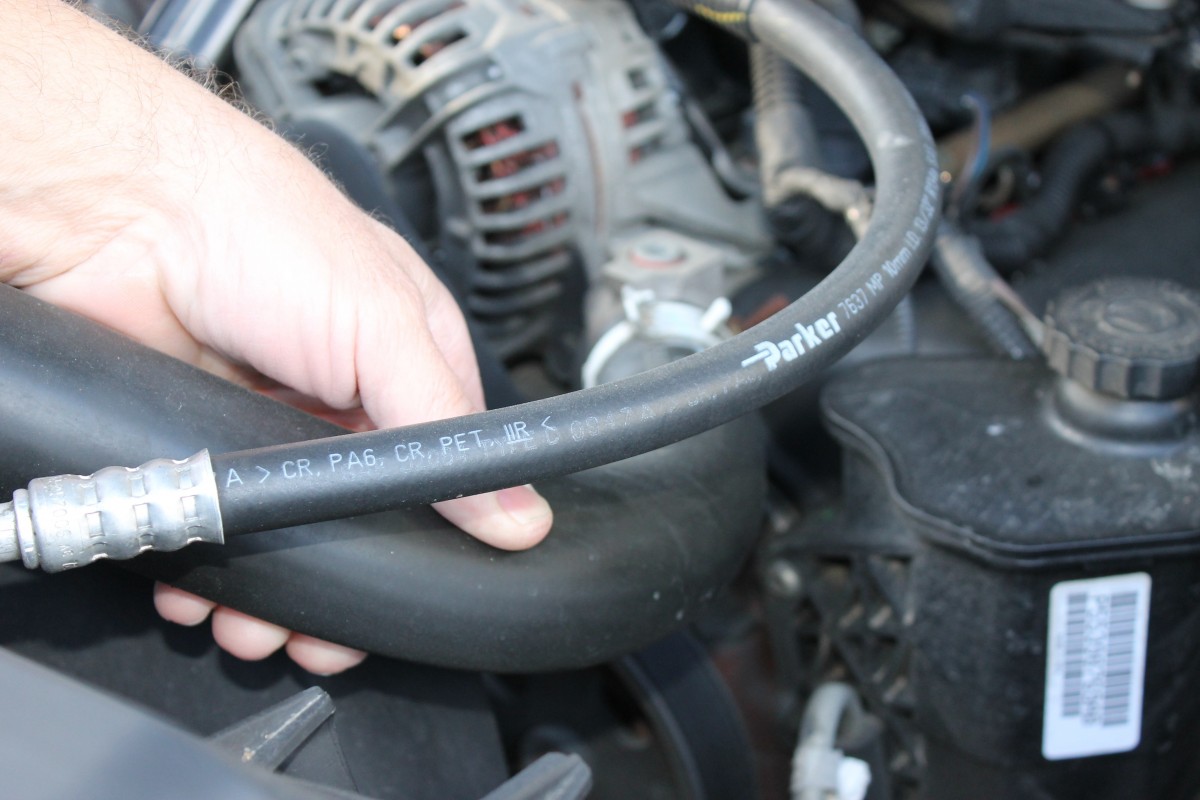Volvo Cars may soon have bragging rights as the first car to feature steel components made via a fossil-free production process.
Volvo Cars is teaming up with Swedish steelmaker SSAB to jointly explore the development of fossil-free, high-quality steel for use in the automotive industry.
The collaboration makes Volvo Cars the first car maker to work with SSAB on its HYBRIT initiative, the steel industry’s most ambitious and advanced projects in fossil-free steel development.
HYBRIT was started by SSAB, iron ore producer LKAB and energy firm Vattenfall. It aims to replace coking coal, traditionally needed for iron ore-based steelmaking, with fossil-free electricity and hydrogen. The result is expected to be the world’s first fossil-free steelmaking technology, with virtually no carbon footprint.

As part of the collaboration, Volvo Cars will be the first car maker to secure SSAB steel made from hydrogen-reduced iron from HYBRIT’s pilot plant in Luleå, Sweden. This steel will be used for testing purposes and may be used in a concept car.
In 2026, SSAB aims to supply the market with fossil-free steel at a commercial scale. Volvo Cars aims to also be the first car maker to use fossil-free steel for its own production cars.
As we continuously reduce our total carbon footprint, we know that steel is a major area for further progress.
– Håkan Samuelsson, chief executive at Volvo Cars.
“As we continuously reduce our total carbon footprint, we know that steel is a major area for further progress,” said Håkan Samuelsson, chief executive at Volvo Cars. “The collaboration with SSAB on fossil-free steel development could give significant emission reductions in our supply chain.”

Image: SSAB South Africa
“We are building an entirely fossil-free value chain all the way to the end customer,” Martin Lindqvist, President, and CEO at SSAB said. “Our breakthrough technology has virtually no carbon footprint and will help strengthen our customer´s competitiveness. Together with Volvo Cars, we aim to develop fossil-free steel products for the cars of the future.”

The global steel industry accounts for around 7 percent of global direct carbon emissions because the industry is currently dominated by an iron ore-based steel-making technology, using blast furnaces depending on coking coal.
For Volvo Cars, the CO2 emissions related to steel and iron production for its cars amount to around 35 percent in a traditionally powered car and 20 percent in a fully electric car of the total CO2 emissions from the material and production of the components going into the car.

The collaboration with SSAB is the latest initiative that supports Volvo Cars’ overall climate action plan, one of the most ambitious in the car industry. The centrepiece of the plan is Volvo Cars’ ambition to be a fully electric car brand by 2030, with only pure electric cars in its line-up.
Yet the plan goes beyond addressing tailpipe emissions through all-out electrification and also seeks to tackle carbon emissions in the company’s wider operations, its supply chain, and through recycling and reuse of materials.
In the short term, these and other steps aim to reduce the life cycle carbon footprint per car by 40 percent between 2018 and 2025. By 2040, Volvo Cars’ ambition is to be a climate-neutral company.






